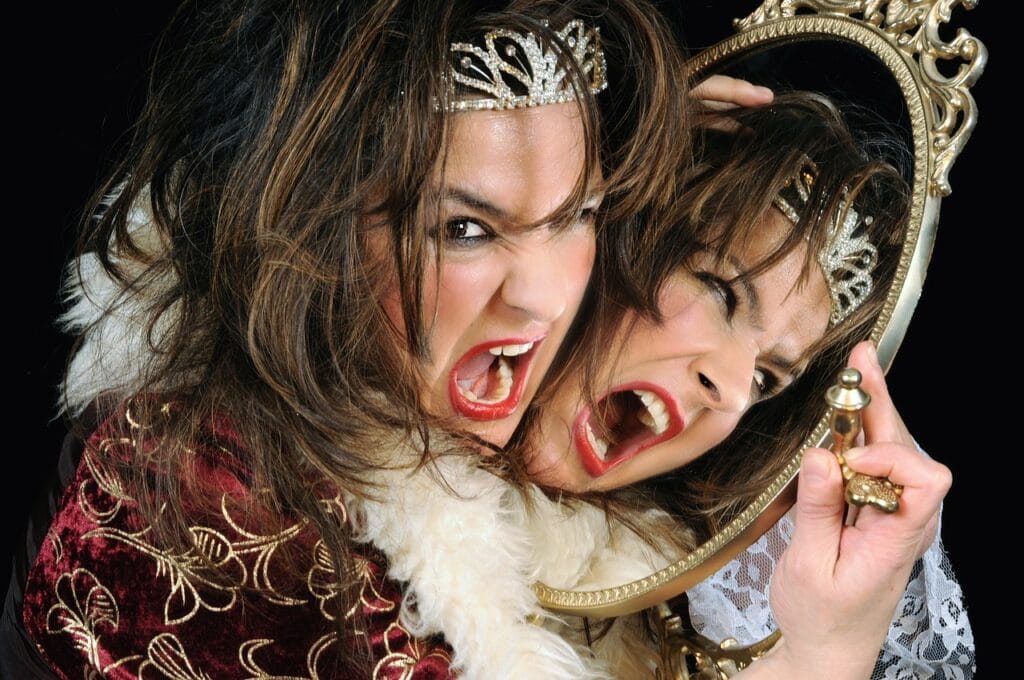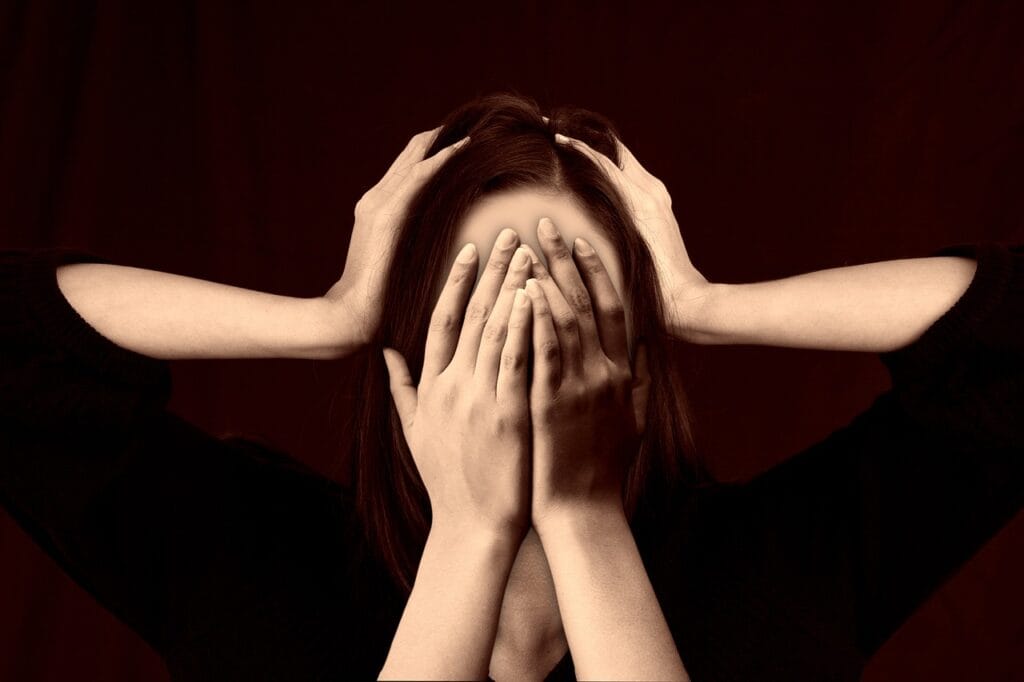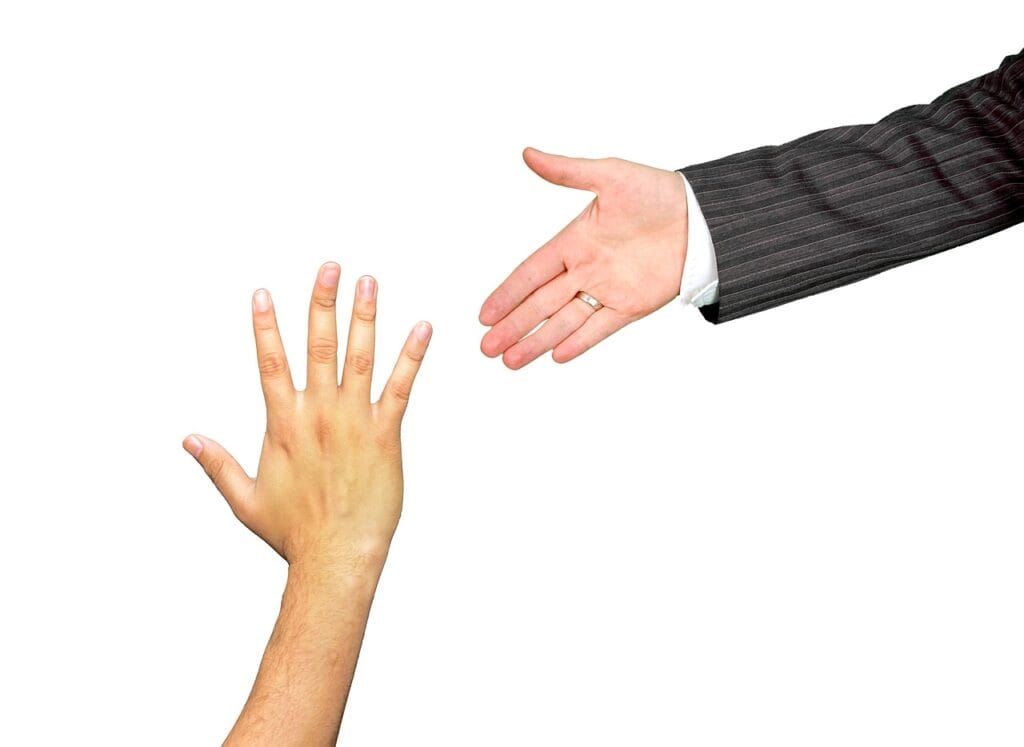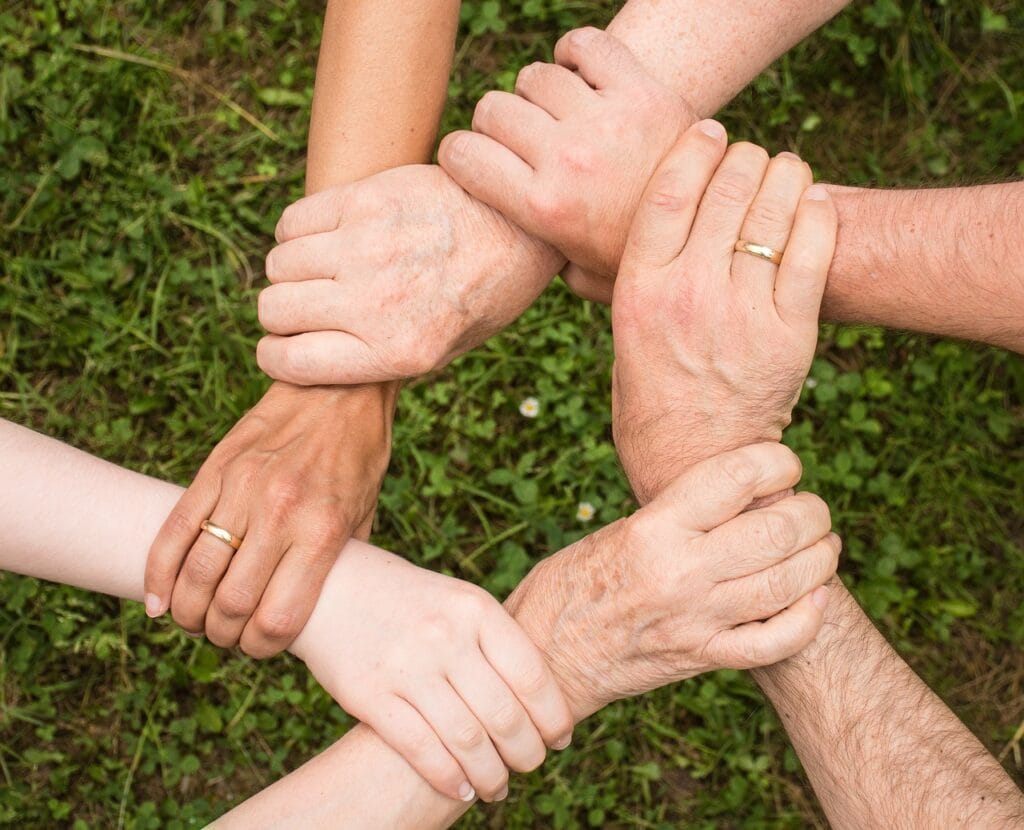
Feeling an inner conflict or a sense of “evil” can be unsettling. This sensation might arise from various factors, including emotional struggles, past experiences, or even societal pressures. Understanding the reasons behind these feelings can help you find peace and clarity within yourself.
Understanding the Concept of Evil Within

The notion of feeling “evil” inside often stems from a complex mix of emotions and thoughts. It is essential to recognize that these feelings do not necessarily indicate actual malevolence. Instead, they may represent a struggle between your desires, fears, and values. When we confront our darker thoughts or impulses, we may label them as “evil” in an effort to distance ourselves from these uncomfortable feelings.
In many cases, this sensation can be a reaction to guilt or shame. When we act against our values or make choices we regret, we may experience a sense of inner conflict. This conflict can manifest as feelings of anger, jealousy, or resentment, which may be perceived as “evil.” It’s crucial to understand that experiencing these emotions is part of being human; it doesn’t define your character.
Factors Contributing to Feelings of Evil
Several underlying factors may contribute to the sensation of feeling evil inside. These can include past trauma, negative experiences, or deep-seated fears. For many individuals, childhood experiences play a significant role in shaping their emotional responses. If you have faced harsh criticism, neglect, or abuse, you might internalize these experiences, leading to feelings of worthlessness or even malevolence.

Additionally, societal norms and values can influence how we perceive our thoughts and actions. Living in a culture that emphasizes perfection and moral superiority can create pressure to suppress negative emotions. When we fail to meet these expectations, we may feel a sense of shame that contributes to the perception of evil within ourselves.
Emotional Turmoil and Internal Conflict

Emotional turmoil is often at the heart of feeling evil inside. When you experience strong negative emotions like anger, jealousy, or resentment, it can create an internal struggle. This internal conflict occurs when your emotions clash with your moral values. For instance, if you feel intense jealousy towards a friend’s success, you may struggle with feelings of inadequacy and guilt.
This emotional turmoil can lead to a cycle of self-blame and negative thoughts. Instead of acknowledging these feelings as natural human experiences, you might label them as evil. Recognizing that emotions are not inherently good or bad is a critical step toward understanding your feelings. Allowing yourself to experience and process these emotions can lead to healing and self-discovery.
The Role of Guilt and Shame
Guilt and shame are powerful emotions that often contribute to the feeling of evil inside. Guilt arises when we believe we have done something wrong, while shame is a feeling of being fundamentally flawed. Both emotions can lead to a distorted self-image, making you feel as though you harbor evil within.

Experiencing guilt after making a mistake is normal, but when this guilt becomes overwhelming, it can morph into shame. This transformation can create a negative feedback loop, causing you to dwell on your perceived flaws rather than focusing on growth and self-improvement. Understanding the difference between guilt and shame can help you navigate these emotions more effectively.
Self-Reflection and Awareness

Engaging in self-reflection is crucial for understanding why you feel evil inside. Taking the time to explore your thoughts and emotions can provide valuable insights into your inner world. Journaling, meditation, or talking to a trusted friend can facilitate this process. By examining the roots of your feelings, you may uncover unresolved issues or patterns that contribute to your sense of conflict.
Awareness is the first step toward transformation. Once you recognize and accept your feelings, you can begin to address them constructively. This process may involve seeking therapy, developing coping strategies, or engaging in self-care practices. Embracing self-awareness allows you to break free from the cycle of negative emotions and cultivate a healthier self-image.
Seeking Professional Help

If feelings of evil persist and interfere with your daily life, seeking professional help may be beneficial. A therapist can provide a safe space to explore your emotions and help you develop coping mechanisms. Therapy offers tools to process your feelings, understand their origins, and build healthier thought patterns.
Mental health professionals can guide you in addressing underlying issues such as trauma, anxiety, or depression. They can also help you develop strategies for managing negative emotions and improving your overall well-being. Remember, seeking help is a sign of strength, not weakness.
Embracing Your Humanity
It’s essential to embrace your humanity and recognize that everyone experiences negative emotions. The feeling of evil inside is part of the human experience; it does not define your worth. Acknowledging your flaws and learning from them is a crucial aspect of personal growth.
Understanding that you are not alone in your struggles can be comforting. Many people grapple with feelings of anger, jealousy, or inadequacy at different points in their lives. By accepting your emotions as part of being human, you can cultivate compassion for yourself and others, leading to a more fulfilling and peaceful existence.
Finding Inner Peace

To overcome the feeling of evil inside, finding inner peace is essential. This can involve various practices, such as meditation, mindfulness, and self-compassion. Engaging in mindfulness allows you to observe your thoughts and feelings without judgment, creating a sense of distance from them. This practice can help you understand that your thoughts do not define you.
Self-compassion is equally important. Treat yourself with kindness and understanding, especially during challenging times. Recognize that making mistakes is part of life, and it doesn’t diminish your value as a person. By fostering a compassionate inner dialogue, you can replace feelings of evil with acceptance and love.
Building Healthy Relationships

Having supportive relationships can significantly impact how you perceive yourself. Surround yourself with people who uplift and encourage you. Healthy relationships provide a safe space to express your feelings without fear of judgment. Sharing your struggles with trusted friends or family members can help alleviate feelings of isolation.
Additionally, engaging in open and honest communication within your relationships can help deepen your connections. Discussing your emotions and experiences can foster understanding and compassion among those you care about. Building a strong support system can play a crucial role in combating feelings of evil and promoting emotional well-being.
Practicing Forgiveness

Forgiveness, both of yourself and others, is a powerful tool in overcoming feelings of evil. Holding onto grudges or past mistakes can perpetuate negative emotions and hinder personal growth. By practicing forgiveness, you allow yourself to let go of resentment and create space for healing.
Start by reflecting on situations where you feel wronged or ashamed. Acknowledge the pain associated with these experiences but also recognize the importance of moving forward. Forgiveness doesn’t mean condoning harmful actions; it means freeing yourself from the burden of negativity. This process can lead to emotional liberation and a renewed sense of peace.
Conclusion
Feeling evil inside can be a challenging and confusing experience. However, understanding the roots of these feelings is crucial for personal growth and healing. By engaging in self-reflection, seeking professional help, and cultivating self-compassion, you can address these emotions constructively. Embrace your humanity, build healthy relationships, and practice forgiveness to foster inner peace. Remember, experiencing negative emotions is part of being human, and it’s possible to transform these feelings into opportunities for growth and understanding.
FAQs
1. Can feeling evil be a sign of a mental health issue?
Yes, persistent feelings of evil or intense emotional struggles may indicate an underlying mental health issue. It’s important to seek professional help if these feelings interfere with your daily life.
2. How can I differentiate between normal emotions and feelings of evil?
Normal emotions are a part of being human, while feelings of evil often arise from guilt, shame, or internal conflict. If you feel overwhelmed by negative emotions, it may be worth exploring these feelings further.
3. Is it common to feel evil at different stages of life?
Yes, many people experience feelings of evil or inner conflict at various stages of life, often triggered by significant life changes, stress, or unresolved issues from the past.
4. Can self-care practices help alleviate feelings of evil?
Absolutely! Engaging in self-care practices, such as mindfulness, meditation, and exercise, can help manage negative emotions and promote emotional well-being.
5. What role do relationships play in how we feel about ourselves?
Healthy relationships provide support and understanding, which can positively influence how we perceive ourselves. Surrounding yourself with uplifting individuals can help combat feelings of evil and promote self-acceptance.






